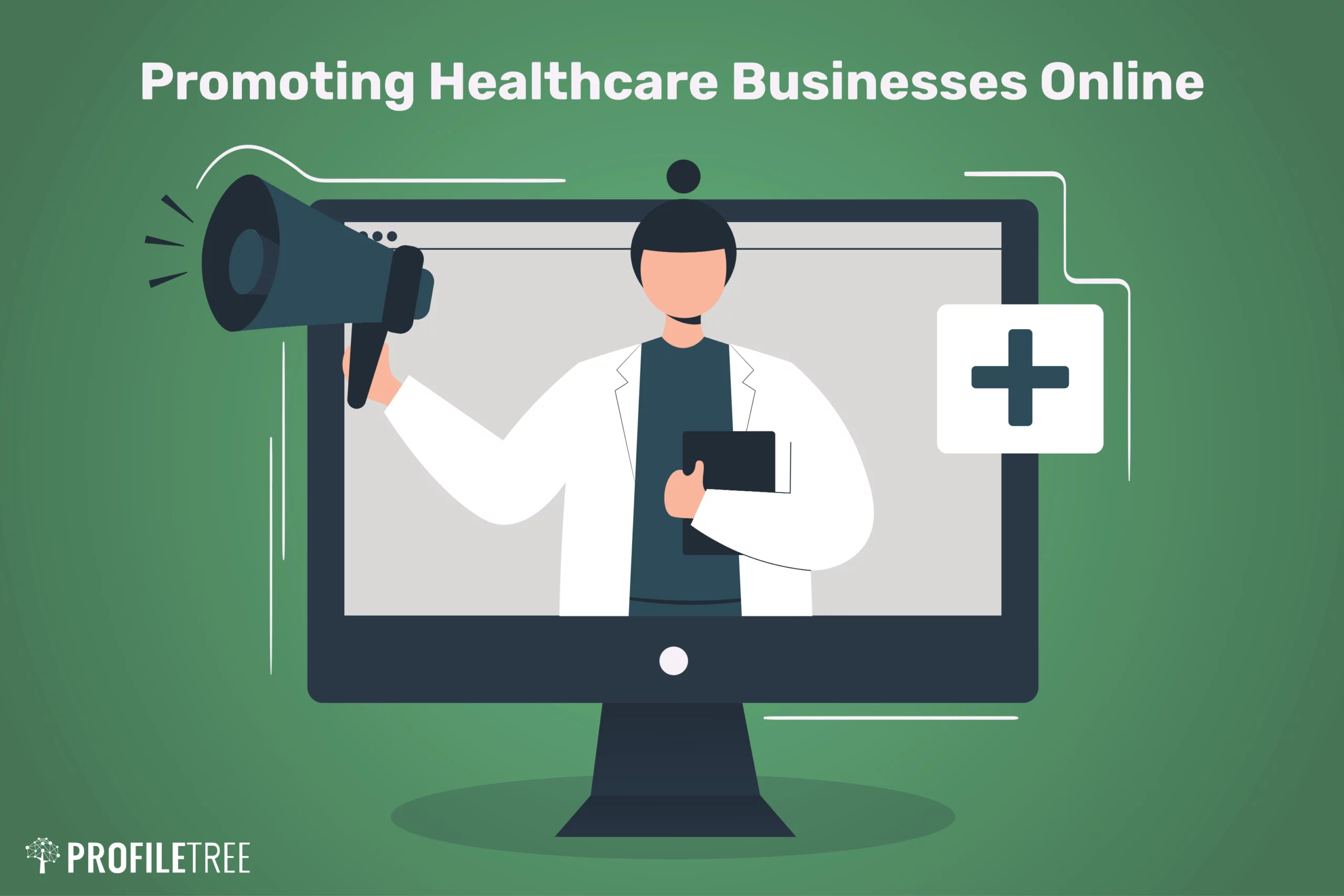How Subscription Based Healthcare is Revolutionizing Patient Accessibility to Services
How Subscription Based Healthcare is Revolutionizing Patient Accessibility to Services
Blog Article
Navigating the Future of Medicine With Subscription-Based Healthcare Services
As the medical care market advances, subscription-based solutions emerge as a crucial design assuring to reshape person care distribution. The answers to these concerns could basically change our strategy to healthcare.
Increase of Subscription Medical Care
As healthcare systems around the globe face increasing pressures from climbing costs and need for solutions, the introduction of subscription-based health care models has actually emerged as a transformative fad. This innovative method is interfering with conventional medical care delivery by providing a foreseeable, flat-rate settlement structure for medical services. Rooted in the concepts of attendant medication, subscription-based medical care enables providers to concentrate on individualized person care while all at once taking care of functional performances.
The rise of this version can be credited to numerous factors. Technological developments have actually enabled much more seamless combination of care with telehealth and digital health records, helping with the scalability of membership solutions. The enhancing customer need for openness and predictability in health care costs has driven the shift towards this model. Subscription-based solutions often offer straight accessibility to health care experts, which can reduce the management concerns connected with insurance cases and repayments (subscription based healthcare).
This version is getting traction among varied healthcare companies, from medical care medical professionals to specialized clinics, by straightening monetary incentives with preventative and constant treatment. By changing the focus from volume to value-based treatment, subscription medical care has the potential to improve the landscape, fostering an extra sustainable and patient-centered strategy to health and wellness management.
Benefits for People

In addition, subscription-based services frequently emphasize precautionary treatment, motivating normal exams and wellness testings. This proactive approach can result in early detection of health and wellness concerns, potentially improving outcomes and reducing long-term healthcare expenses for individuals. Such designs usually supply clear rates, enabling clients to better recognize their healthcare expenses and stay clear of unanticipated medical bills.
The personalized nature of subscription-based healthcare additionally enhances client experience. Patients can obtain customized health care plans that match their certain requirements, fostering a much more patient-centric approach. This customization can cause improved person complete satisfaction and adherence to treatment strategies. Registration services typically incorporate wellness programs, supporting people in preserving overall health and wellness and wellness. Ultimately, these advantages collectively add to a more effective, cost-efficient, and patient-friendly health care experience.
Innovation's Function in Transformation

Expert system (AI) plays an essential function in predictive analytics, aiding in very early medical diagnosis and customized therapy plans. AI formulas examine huge datasets to recognize patterns that may be overlooked by human observation, therefore improving scientific decision-making. Electronic wellness records (EHRs) streamline individual information management, ensuring continuity and coherence of treatment throughout different services and companies.
Blockchain modern technology enhances data safety and personal privacy, critical for maintaining client trust in digital systems. It allows transparent and safe and secure transactions of clinical information, making certain that sensitive info continues to be safeguarded. With the combination of artificial intelligence and AI, blockchain can automate complicated medical care procedures, minimizing administrative burdens.
Considerations and challenges
While modern technology moves the abilities of subscription-based healthcare solutions, it also introduces a collection of challenges and considerations that need to be addressed to ensure successful application. One considerable obstacle is the equitable access of these solutions. As subscription models typically depend on digital platforms, there is a danger of exacerbating the electronic divide, leaving people without web accessibility or electronic proficiency. Guaranteeing these services do not overmuch profit only tech-savvy and wealthy populations is imperative.
Information personal privacy and safety and security stand for one address more critical consideration. Subscription-based solutions typically entail the collection and storage space of huge amounts of personal wellness info. Providers should follow strict data defense regulations to preserve person trust fund and avoid unauthorized access, which can lead to significant honest and legal consequences.
As healthcare needs develop, preserving an economical balance in between subscription costs and service high quality is crucial to avoid client dissatisfaction and attrition. Resolving these obstacles is crucial as subscription-based healthcare services continue to increase and progress.
Future Implications for Medication
Subscription-based healthcare solutions are poised to significantly influence the future landscape of medicine by reshaping how treatment is accessed and supplied. These models use the possible to democratize health care access, supplying people with even more timely and customized treatments. By leveraging modern technology, such as telemedicine and information analytics, membership solutions can assist in continuous tracking and customized health monitoring, therefore boosting outcomes and minimizing the worry on traditional healthcare systems.
As these solutions gain grip, they could promote a shift towards preventative treatment, emphasizing the value of very early detection and administration of chronic problems. This positive technique may eventually reduce medical care expenses by minimizing the demand for costly treatments emerging from late-stage condition monitoring. Moreover, registration designs provide a scalable option to deal with variations in health care accessibility, specifically in country go or underserved populations.
Nonetheless, the shift towards subscription-based models demands addressing honest and regulative factors to consider, including information privacy and equitable gain access to. As the industry progresses, joint initiatives between policymakers, technology programmers, and health care suppliers will be crucial to establishing robust structures that safeguard client interests while promoting technology. Ultimately, these services assure to contribute considerably to an extra effective, patient-centered healthcare community.

Final Thought
Subscription-based medical care services stand for a significant evolution in the medical area, using foreseeable expenses and personalized care that boost access and prioritize preventive procedures. As the medical care landscape develops, membership models are poised to play an important function in shaping the future of medication.
As the health care industry advances, subscription-based services arise as a crucial version assuring to reshape person treatment delivery.As health care systems around the world face enhancing pressures from rising prices and need for solutions, the introduction of subscription-based medical care models has actually emerged as a transformative pattern (subscription based healthcare).With the rise of subscription-based health care models reshaping standard healthcare distribution, clients are beginning to experience considerable benefits from this cutting-edge strategy. As medical care needs progress, maintaining a cost-effective equilibrium between subscription charges and solution quality is important to prevent individual dissatisfaction and attrition.Subscription-based health care services are poised to dramatically affect the future landscape of medicine by improving how treatment is accessed and provided
Report this page